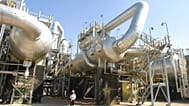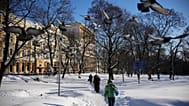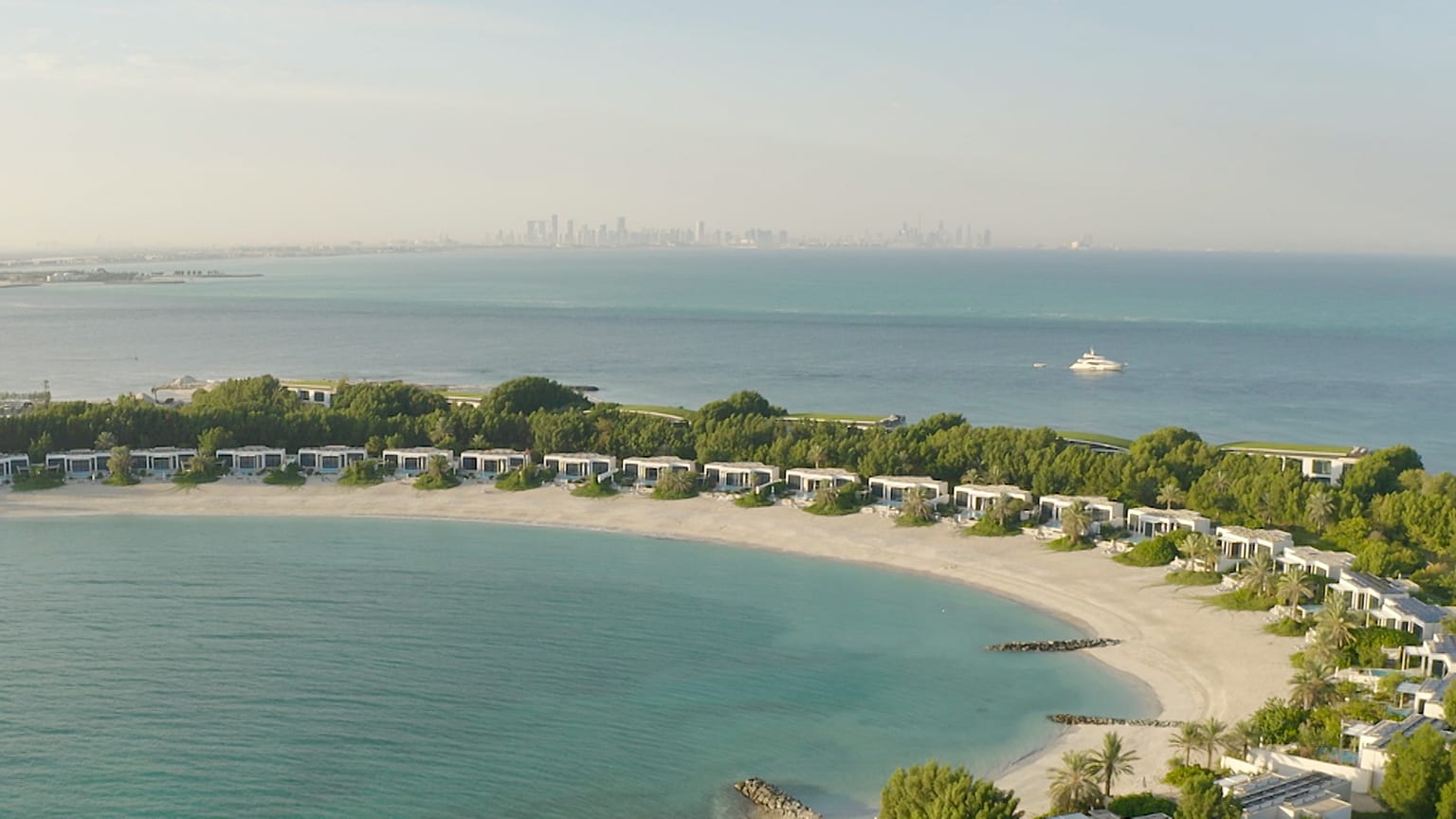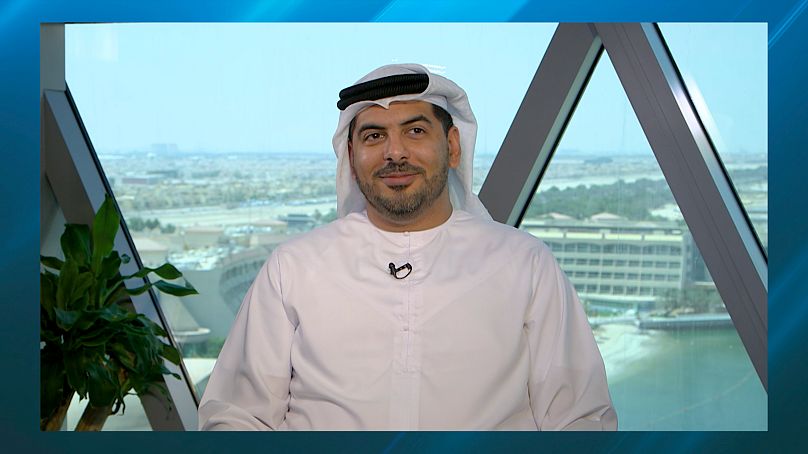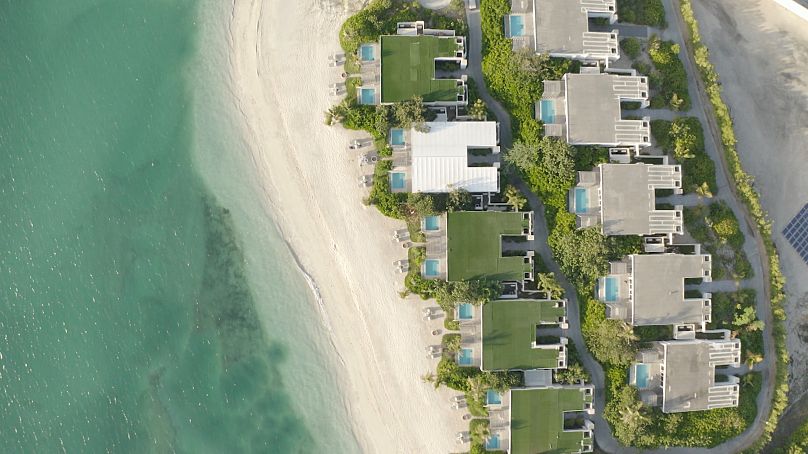The COVID-19 pandemic has sent ripples through global real estate markets.
The COVID-19 pandemic has sent ripples through global real estate markets.
According to property advisory & investment firm, Jones Lang LaSalle, commercial investments worldwide fell nearly 30% to $321 billion in the first 6 months of this year, compared to 2019.
The Americas were worst affected, followed by Asia Pacific & Europe, then the Middle East and Africa which saw activity drop 13%.
The MEA region was a relative outperformer, say JLL, due to the amount of pre-COVID deals that carried through into the first half of the year.
In the UAE specifically, and on the residential front, the company says the market could head lower still.
“COVID has definitely delayed hitting the bottom & we still have room for sale prices and rental rates to decline,” Dana Salbak, head of MENA research for JLL told Inspire’s Rebecca McLaughlin-Eastham. “In Dubai, we’re talking about another 10-15% from now until about the next 6-12 months. In Abu Dhabi, a decline is expected, but at a much slower pace. We’re expecting 3-5% over the next 12 months.”
Supply & demand
A primary reason for the divergent rates of decline between the neighbouring emirates, says Salbak, is the supply gap.
“In Dubai, you’re talking about residential stock of about over 570,000 residential units and that’s both apartments and villas,” she says. “Whereas in Abu Dhabi, you’re talking about 260,000 units. That shows you the quantum and supply of units in each of those cities.”
For those looking to invest in the UAE’s market during this time, JLL says some might be attracted to projects on Abu Dhabi’s Yas Island & Saadiyat Island, not least because of developers offering attractive payment plans.
Abu Dhabi’s leading real estate developer, Aldar, is a case in point. Its financial incentives of late have included post-handover payment plans, the waiver of registration fees & payment options via credit card.
Aldar’s outlook
Headquartered in Abu Dhabi, Aldar recently posted a 2% rise in its second quarter net profit. Year-on-year revenue jumped 21% to more than $544 billion, driven by inventory sales & state projects.
Since it was established in 2004, Aldar’s projects have dotted the UAE's skyline, from shopping malls and residential projects, to offices, exhibition centres and a Formula 1 circuit.
At a time when Abu Dhabi’s real estate market is being underpinned by government fiscal stimulus measures and programmes to promote private sector growth, Aldar’s CEO gave Rebecca McLaughlin-Eastham the following update:
“Between March, April, June & July, things have definitely become more clear. We're coming out of the times of uncertainty in a much stronger position & we delivered solid results. We are seeing pockets of demand return, in our shopping malls and in the staycation business, but particularly on the development side.”
Growth & diversification
When asked about how Aldar was diversifying its business portfolio at this time, away from traditional areas of investment like retail & hospitality, the chief executive confirmed the growth potential of other segments.
“We do see new sectors, the logistics and warehousing sector is one of particular interest for us,” he said. “The other upcoming trend is PropTech (Property Technology). And we strongly believe that this overall sector is yet to be disrupted the way the financial sector, and other sectors, have been disrupted by digital transformation.”
With international & institutional investors having taken a temporary step back from investing in the UAE’s real estate market, Inspire asked whether Aldar was seeing new sources of liquidity. Not least, from local high-net-worth individuals & Emirati families.
“We definitely saw a trend of people investing more. Some moving away from equities and other things into real estate,” said Al Dhiyebi. “In this economy, between nationals and non-nationals, you have a very high net-worth population, and that population likes investing in real estate.”
Concrete plans
Al Dhiyebi went on to explain how the company had suspended any new development launches this year as a result of the COVID-19 crisis. Adding that, Aldar had nevertheless achieved around $270 million in off-plan development sales.
The company's CEO was asked when the softening currently seen in the UAE’s real estate market might come to an end? Al Dhiyebi was upbeat in reply.
“I see confidence coming back,” he said. “We see footfall in our malls increasing & we see sales increasing. We see more staycation business & the enrolments in our schools was encouraging.”
With regards to a timeline, given the constantly changing landscape of COVID-19 and its impact of businesses around the world, the CEO said it was tough to call.
“The trajectory is definitely a positive one, but whether it's going to take six months or 12 months to settle at the new norm, I think that question remains out there,” he said. “But in the meantime, it's not a waiting game. We need to continue to work hard and be ready for when the market comes back. It will come back strong, especially in Abu Dhabi.”
SEEN ON SOCIAL MEDIA: INSPIRATION
Real estate employee Angelika from Germany is inspired by the UAE’s sunsets & modern skyline.
With contributions from Nancy Sarkis and Arthur de Oliveira.

